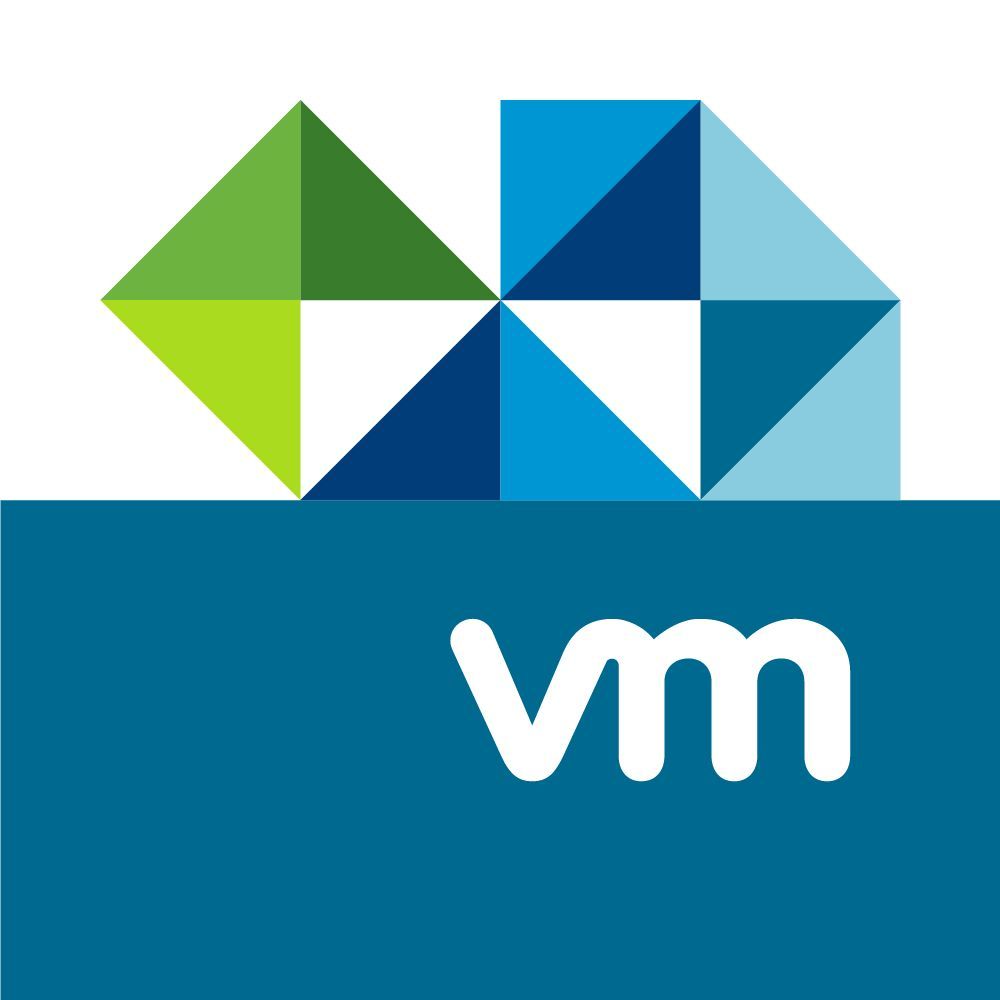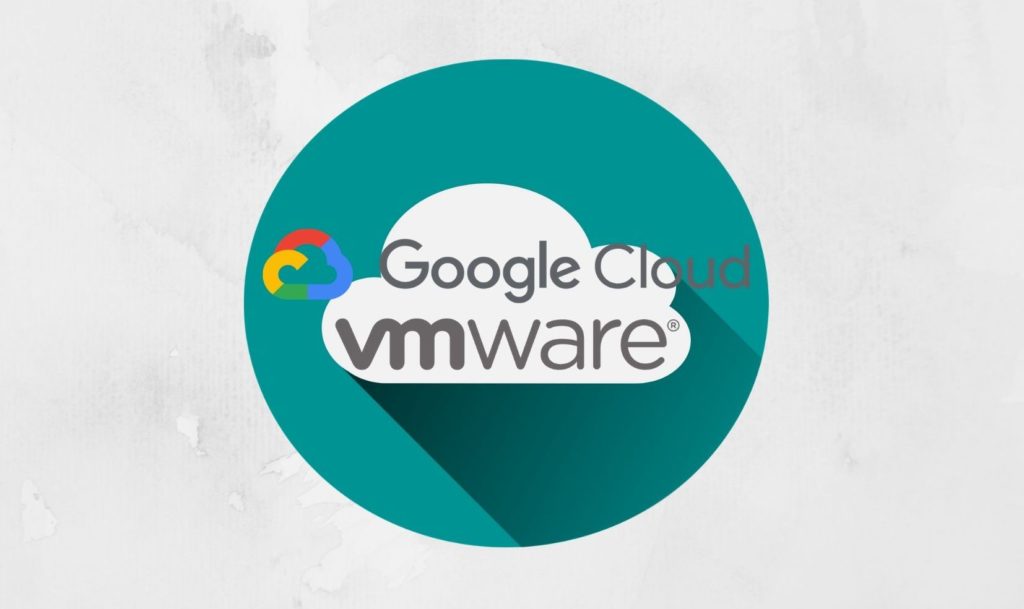Seasoned entrepreneurs Todd Brennan, Allen Hillery, John Hanratty’s Journey to set up Bit9 aka Carbon Black
A cybersecurity firm set up by trio Todd Brennan, John Hanratty, and Allen Hillery is famous on the international level. It is working in the field of endpoint security to protect the client’s information from security threats. Data security is the main priority in the present world. Cybercrimes are increasing day by day. Any kind of hacking or any malicious attack results in a huge loss for any business. Therefore almost all organizations demand total network and data security. For that, dozens of firms are depending upon Carbon Black. In fact, more than 5000 clients trust Carbon black and secure their business. To detect cyberpunk as well as to prevent future attacks, Carbon black offers it’s best to all kinds of organizations.
The backstory of foundation
Bit9 is the output of the productive idea of three serial entrepreneurs Todd, Allen, and John. They transformed computer network technology and IT security with Carbon Black. It is set up in 2002 as Bit9. During the initial days, the company has to face malicious attacks. Apparently, it then becomes the inspiration to save other firms from such types of attacks. The service is getting more advanced after acquiring the unique start-up Carbon Black in 2014. After that, Bit9 renamed as Carbon Black.
About Carbon Black
It is a Waltham(Massachusetts) based cybersecurity firm that creates cloud-native endpoint security software. This software is especially known for detecting malicious behavior. As well, to revert such attacks and saves important data from getting hacked. Carbon black’s PSC platform is best to analyze unfiltered data of clients for threats. As a matter of fact, PSC stands for Predictive Security Cloud. Currently, 5600+ customers trust Carbon Black. Recently, the firm merged into VMware to flourish its service.
The journey of Carbon Black
Since 2002, the firm has been improving its service and adding the clients to its list. In fact, most of the customers of Carbon Black belongs to Fortune industries. It gets started with the name Bit9. However, the firm acquired a security service firm carbon black and became Carbon Black. The combination of Bit9 and Carbon Black.
That time, it also raised E series funding and continue its exploring strategy. Moreover, it gained Objective Logistics in 2015. Similarly many more small to medium startups in the IT security field are acquired by Carbon Black. Including Visitrend, SecureWorks, Trustwave, Ernst & Young, Kroll, and Rapid7, etc.
Thereafter, it raised to 152 dollars during its initial public offering. Today, it has top investors like Kleiner, Perkins Accomplice, etc. However, Carbon Black decided to get merged into VMware in 2019.
Glimpse to founders life
All founders of Carbon Black are series entrepreneurs who build several milestones in there early days. The trio of Todd, Allen, and John has built several firms together, including Carbon Black and Ampient. However, most of the firms set up are related to cybersecurity, network, and data security.
Allen Hillery
He has specialization in research and development, and he has been working in this field for a long time. Coming to his education, he holds the doctorate at the University of Wisconsin in Electrical and computer engineering. As well, bachelor’s degrees in Electrical and Computer Engineering from the same university.
Apart from that, he is an expert in information security, scalability testing, large-scale computing, etc. Allen is the co-founder of Bit9 and Ampient. At Bit9, he served as VP and shares a great contribution to build a strong base of it.
Moreover, he also helped in founding the Okena endpoint security company.
Other works of Allen
Rather than setting up the businesses, he wrote a number of patent applications. As said earlier, Allen works in the field of Research. Yet, he continues to redefine parallel computing and IT security with his research.
He also worked to design some of the largest supercomputer clusters in his early career. That time, he was a researcher at Shell E&P research Center.
Todd Brennan
He also helped in building the base of Carbon Black in 2002. Having the spirit and tremendous knowledge of technology, Todd set up several startups and runs it successfully. Presently, he is serving as CEO of Ampient, which he helped to found too. In fact, he also set up Okena with Allen. At bit9, he served as chief technology officer and VP engineering. In 2003, he built novel technology to defend against emerging IT security threats. Todd also active in the research field, also he served at MIT Lincon Lab as a researcher.
Education
Brennan has a Master’s degree in Electrical and computer engineering from the University of Wisconsin. From the same university, he earned a Ph.D. However, he attended Cornell University to graduate in electrical engineering.
Awards and recognition of Todd
InfoWorld honored him and include his name in the list of Top 25 CTO in 2006. As well, he is an awardee of several collegiate teaching awards. Also, he is an author of dozens of patents and research papers.

Jayshri is an Electronics Engineer, but her passion towards writing made her to be in this field. Apart from content writing, she loves reading, writing and surfing on various topics. In her free time, she likes to watch TV series and news. Sherlock Holmes is her all time favorite show. Jayshri loves cooking various Indian-western dishes.






